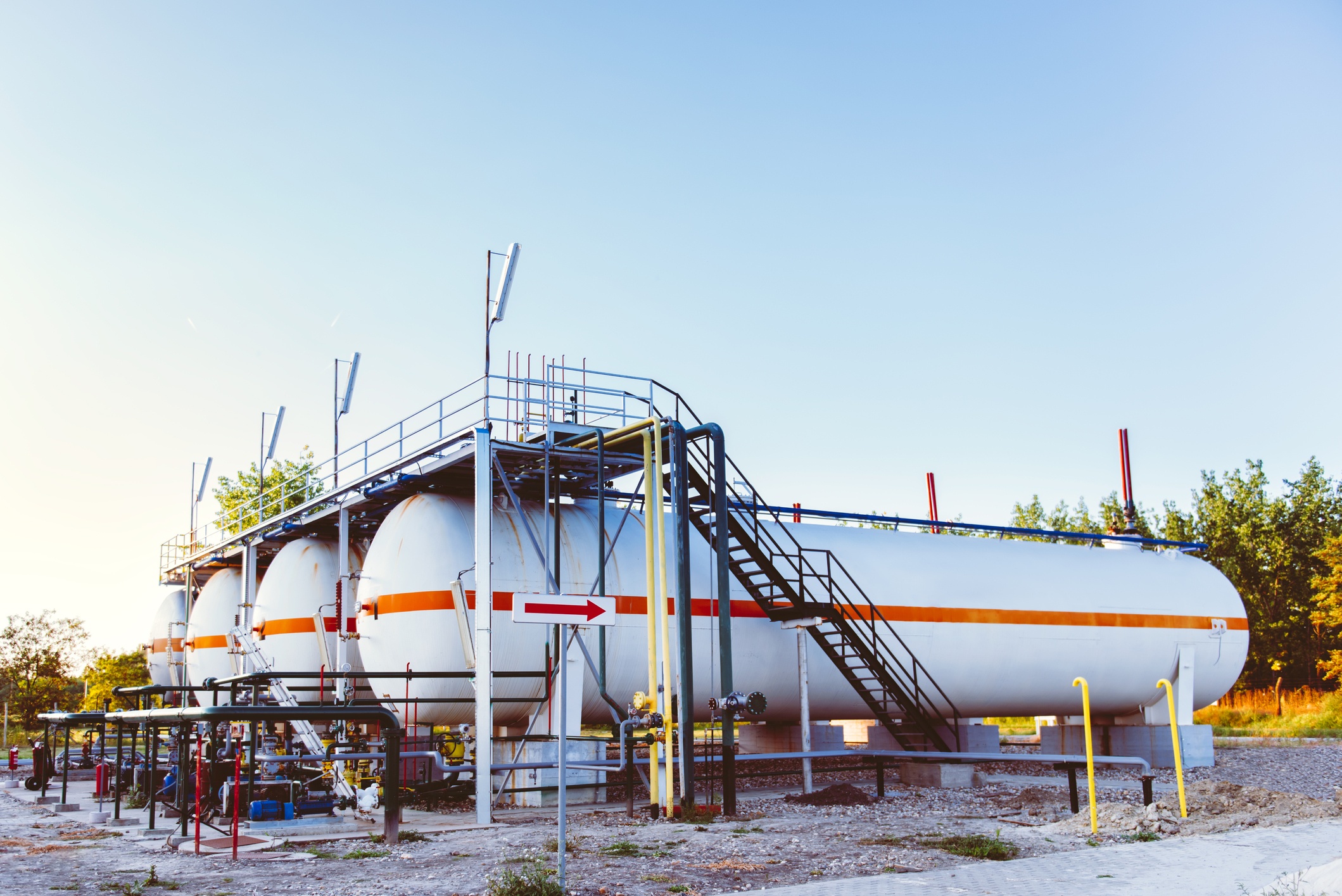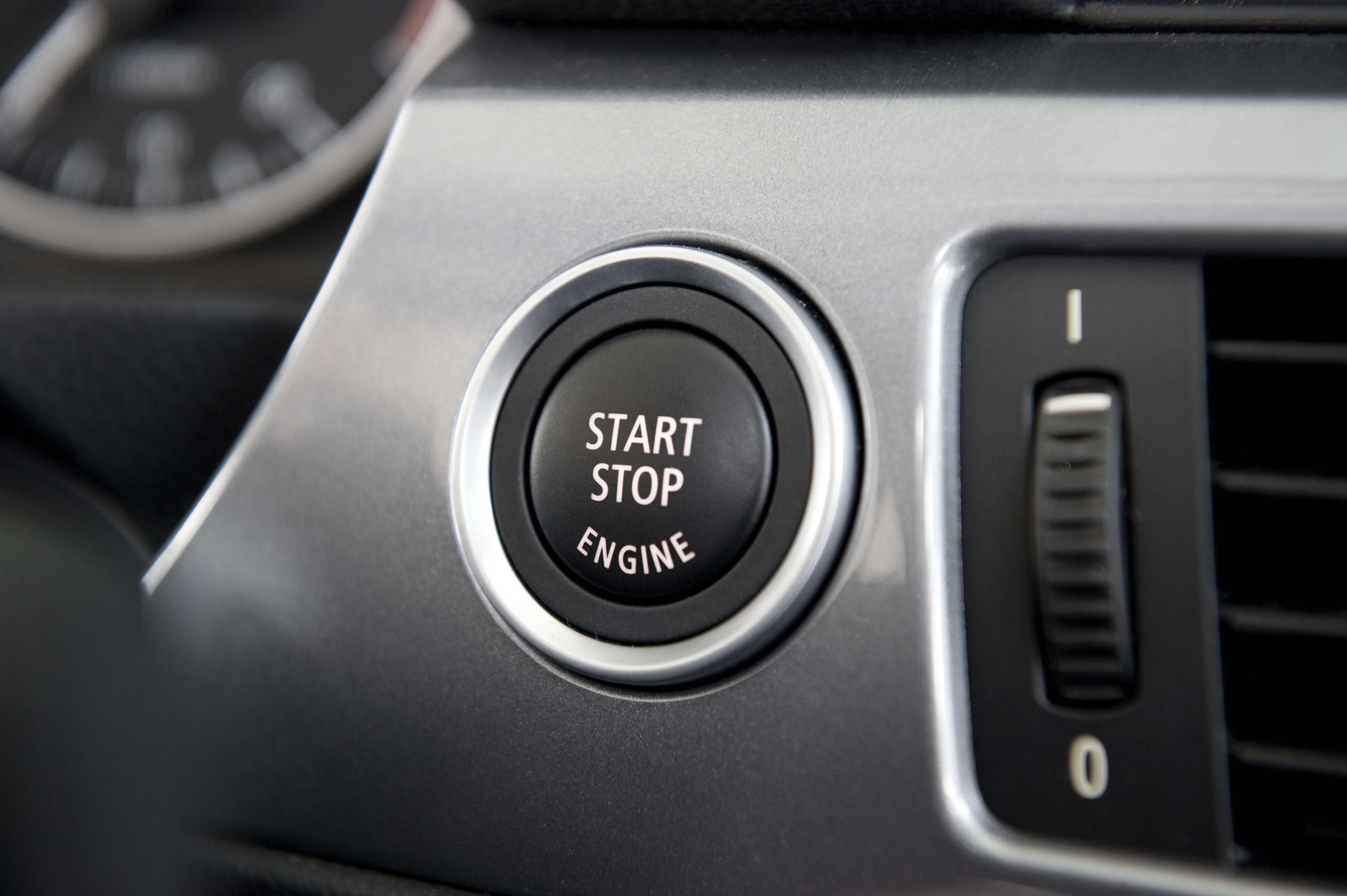Many fleets spend tens or even hundreds of thousands of dollars implementing a vehicle maintenance management system. They pay recurring license fees to use that software to handle crucial maintenance-related areas such as parts, maintenance plans, vehicle recalls, and work orders. However, many of those companies then turn around and act as though all the time and money they spent putting those maintenance systems in place was burning a hole through their pockets!
Reza Tavassoli
Recent Posts
Do Not Waste Your Money : Automatic Vehicle Data Capture
Topics: maintenance management, maintenance software optimization, fleet maintenance, vehicle data, preventative maintenance
The importance of a preventive maintenance system in any fleet operation cannot be overstated. Repairs tend to be much more expensive than maintenance, and unforeseen breakdowns can directly impact the bottom line.
However, there is one benefit of a PM system that doesn’t come up as often and yet has a potentially significant financial impact. Good maintenance management software can help you decide when to stop maintaining a vehicle in favor of a replacement.
Anyone with an old car has reached a point where repairs became more and more frequent and expensive. This situation typically leads to yet another expensive repair that begs the question: “Should I repair this old thing and keep it alive, or bite the bullet and invest in a new car?” The answer to that lies within the vehicle's repair history versus its capital cost.
In this context, what is the capital cost? Here is the short version: when a business acquires a vehicle, that vehicle’s value depreciates over time. The depreciation amount over the course of a year is tax deductible. Also, the dollar value of that depreciation goes down from one year to another since it is calculated as a percentage of the vehicle's remaining value.
In parallel to a vehicle’s capital cost, the total cost of maintaining a vehicle tends to increase from one year to the next as it gets older and needs more and more TLC as a result.
Capital cost goes down over time; maintenance cost goes up over time. Inevitably, those two curves will intersect at some point. Once that point of intersection is passed, it is time to sell the vehicle and get a new one because now the maintenance cost is greater than the savings derived from the tax-deductible cost of capital.
None of that analysis would be possible without tracking a given asset's maintenance history and cost. This is another example of how crucial measurement and tracking are to proper management. Implementing a proper PM system is essential to anyone managing a fleet to avoid breakdowns and extend the useful life of vehicles and properly assess when to replace a given asset.
When people think of fuel management systems (FMS), the first thing that usually comes to mind is some kind of terminal at the pump identifying users and vehicles via cards, key tags, and ID numbers punched on a keypad. In other words, they think of what is mostly the control aspect of an FMS. Although control is an essential dimension of such a system, there needs to be more going on than that.
Topics: fuel management, fleet fuel management, fuel tank management
Fleet Maintenance Management: CUT THE HIGH COST OF REPAIRS
If you have had the misfortune of having to take the car to the garage due to a significant breakdown at some point, you can attest to the fact that, over the long term, repairs always cost considerably more than maintenance. F. Aboulfath’s research paper titled: “Optimal Maintenance Schedules for a Fleet of Vehicles…” published by the University of Toronto’s Department of Engineering, expands on the optimal challenges of fleet vehicle maintenance and proves the benefits of Preventive Maintenance as an essential solution to cutting costs and extending the life cycle of your fleet.
This fact is crucial for fleets of dozens, hundreds, or thousands of vehicles and pieces of equipment. Not only is equipment longevity at stake, but also company operations and productivity, the safety of employees, and public safety in some cases. In 2016, Chalmers University of Technology published a research paper by Donmez & Zenmouri, definitively illustrating the higher cost of corrective maintenance can be exponentially increased when managing fleets.
When your company relies on the smooth, predictable, coordinated, and safe running of equipment, efficient maintenance management is more than best practice, it can mean the difference between profit and loss.
Fuel management systems: deep dive into fleet fueling solutions
A business-wise man once told me, "Fuel Management may not be the sexiest, but top fleet managers know it's where the money is."
Let’s get the obvious out of the way first: next to labor, fuel nearly always represents the highest cost of running a fleet. You need a fuel management system if you have your own fuel tanks and dispensers (AKA in-house fleet fueling). No ifs, ands, or buts about it. The level of sophistication and control required will vary from one industry to the next and even between companies within the same industry. But the need for minimal distribution and inventory control of fleet fuel is undeniable. Fuel is expensive, and maintaining inventories without knowing how much, to whom, when, and where it goes makes as much sense as having an open-bar bank account for all to dip into.
Topics: automated fuel management, public transit fuel management, public works fuel management, construction fuel management, mining fuel management, why fuel management system, fuel management system criteria, how select fuel management system, fuel management, what is fuel management, oil and gas fuel management, fleet fuel management




